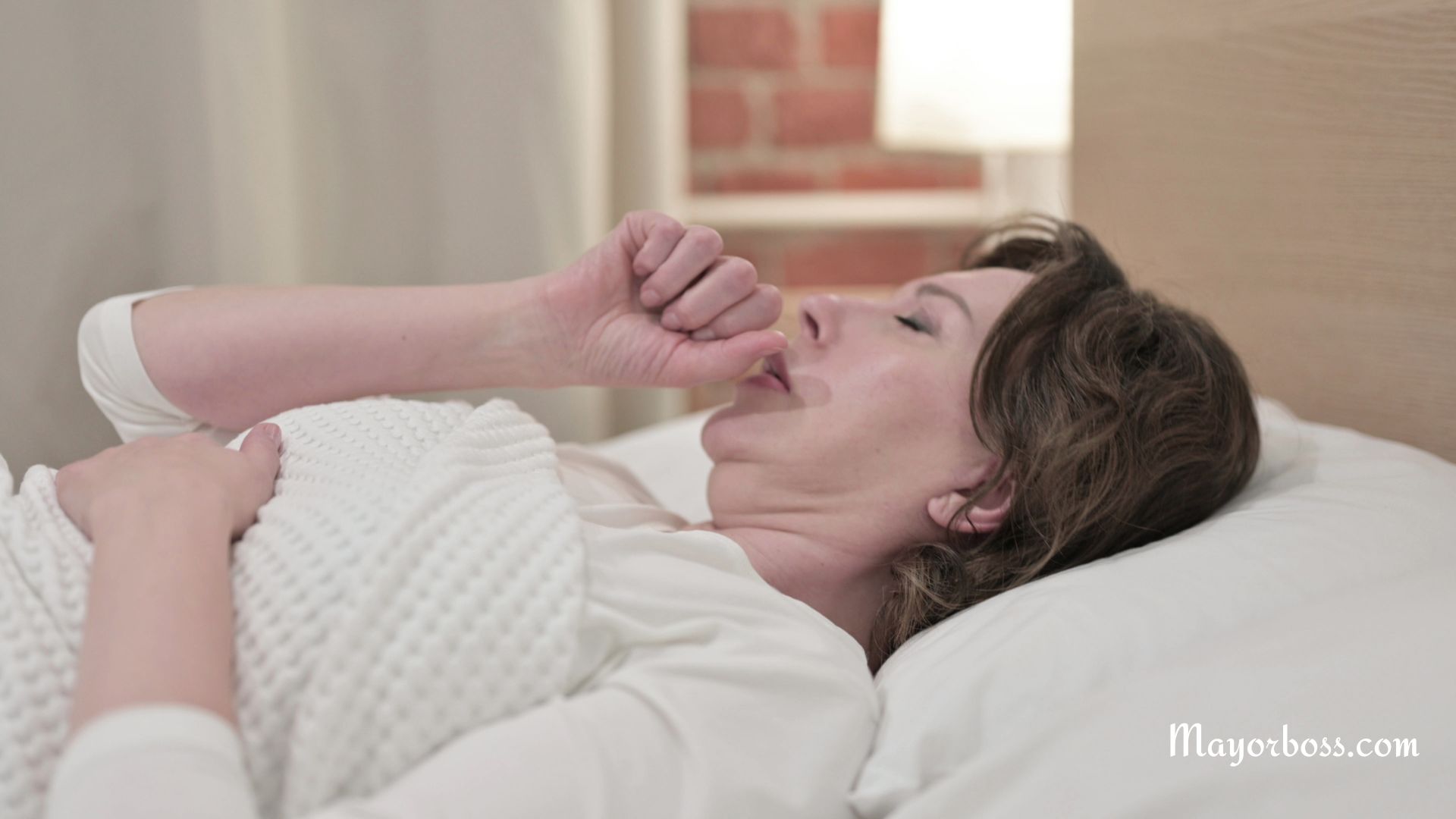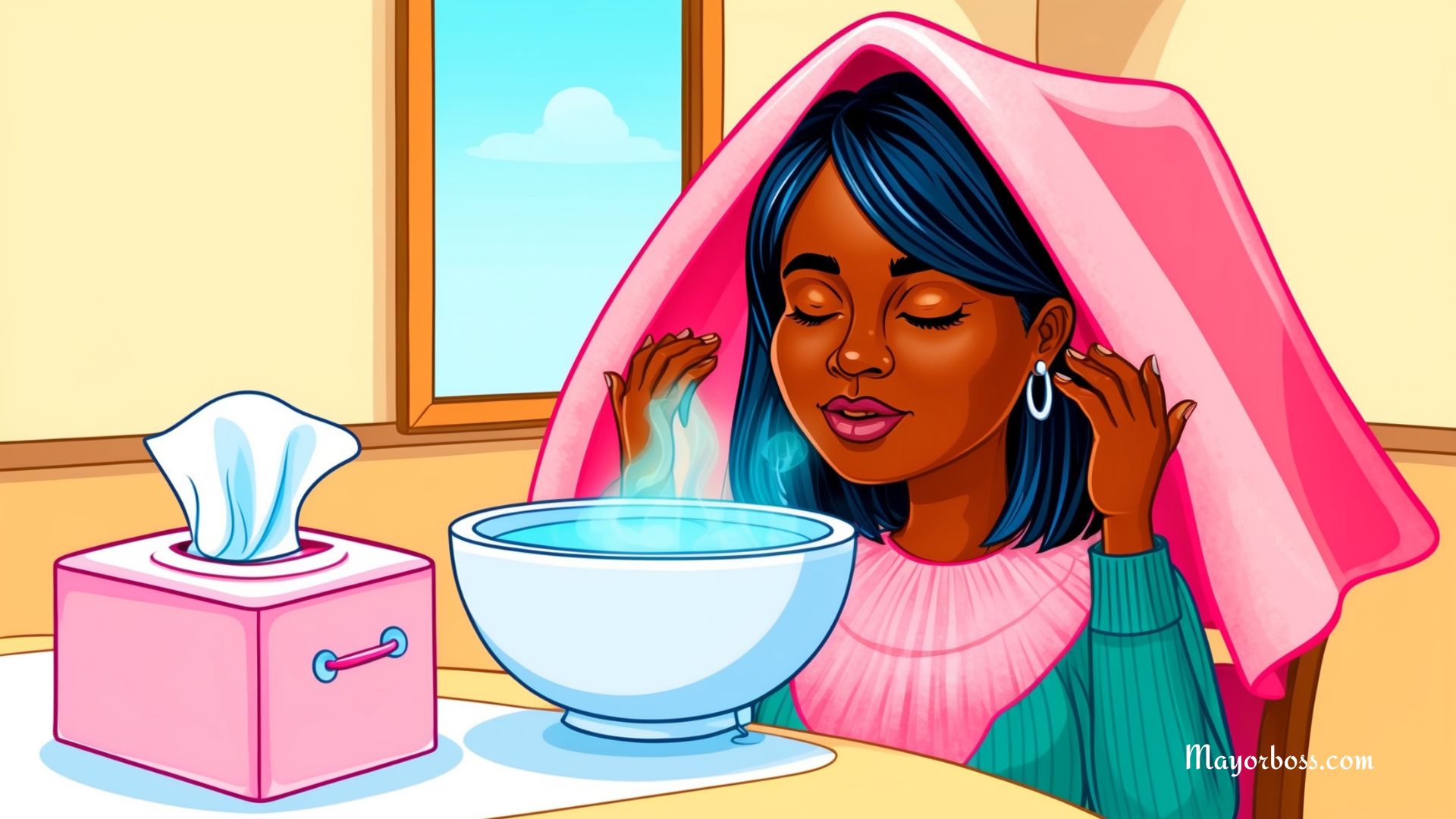5 Practical and Effective Ways to Alleviate Night Sweats
Night sweats are a common yet disruptive issue that the vast majority of people face. They can be caused by various factors such as menopause, medications, anxiety, or even underlying medical conditions.
Previously, I talked about ten reasons you may be sweating at night. But in this article, I want to focus on how you can alleviate night sweats and get a good night’s rest. Here are five practical and effective ways to do so.
1. Keep Your Bedroom Cool and Well-Ventilated
One of the simplest ways to prevent excessive sweating at night is by ensuring your sleeping environment is cool and well-ventilated. You can achieve this by:
- Keeping your bedroom temperature between 60-67°F (15-19°C)
- Using a fan or air conditioner to circulate air
- Opening windows to allow fresh air in
Remember, a cooler bedroom can make a significant difference in reducing the likelihood of night sweats.
2. Choose the Right Bedding and Sleepwear
Yes! Your choice of bedding and sleepwear can greatly impact the occurrence of night sweats. Therefore, to stop night sweats, consider:
- Opting for moisture-wicking sheets and pajamas made from materials such as bamboo, cotton, Egyptian cotton, or performance fabrics
- Avoiding heavy blankets and duvets
- Using a cooling pillow, which can help regulate your body temperature
By selecting breathable and moisture-wicking materials, you can minimize discomfort and enjoy a more restful sleep.
3. Stay Hydrated Throughout the Day
Dehydration can worsen your night sweats because it makes it more challenging to maintain a stable body temperature. According to specialists, staying well-hydrated can help you keep your body temperature in check and lessen the severity of night sweats.
So it is essential to maintain proper hydration throughout the day. Here’s how you can stay hydrated:
- Aim to drink at least eight 8-ounce glasses of water daily
- Sip on water before bedtime, but be mindful not to drink too much, as this can lead to nighttime bathroom trips
4. Manage Stress with Relaxation Techniques
Nighttime stress and anxiety are common triggers of night sweats. So, if you are someone who struggles with evening stress, it is important to find ways to relax before bedtime. You can try to perform relaxation techniques such as:
- Meditation: Taking a few minutes to meditate before bed can help calm your mind and promote relaxation.
- Deep breathing exercises: Practicing deep, slow breaths can help lower stress levels and reduce the likelihood of night sweats.
- Progressive muscle relaxation: This technique involves tensing and relaxing muscle groups, helping you unwind and prepare for sleep.
5. Limit Alcohol and Caffeine Intake
Both alcohol and caffeine can contribute to night sweats by increasing your body temperature and interfering with your sleep. Therefore, limit your consumption of alcohol and caffeine, especially in the evening, to help prevent excessive nighttime sweating.
Try switching to decaffeinated beverages or herbal teas as a nightcap.
The Bottom Line
You may alleviate your night sweats and significantly improve your sleep quality by keeping your bedroom cool, staying hydrated, managing stress, choosing the right sleepwear, and limiting alcohol and caffeine intake. Though if your night sweats issue doesn’t resolve, a doctor may be able to help.






